What China has today is the socialist whole-process democracy which can be undertood as "from the people, to the people, with the people, for the people," said Chinese Ambassador to the United States Qin Gang on Wednesday.
"A basic criterion of democracy should be whether the people have the right to govern their country, whether their needs are met, and whether they have a sense of fulfillment and happiness. At the center of democracy is people," said Qin in his speech at a virtual conversation jointly held by the Carter Center and the George H.W. Bush Foundation for U.S.-China Relations.
"President (Abraham) Lincoln defines democracy as 'of the people, by the people, for the people.' Whatever political system a country chooses, its purpose is to select appropriate persons to govern the country and create a better life for the people," he said.
"The idea of people first has been deep in the genes of the Chinese since ancient times," he said, adding that the Communist Party of China (CPC), as the governing party, has remained faithful to its founding mission: people-centered, and serving the people whole-heartedly.
"What China has today is whole-process democracy. China's Constitution prescribes that all power belongs to the people. The people have the right to election, and they can be broadly involved in national governance according to law," said Qin.
The Chinese people exercise state power through the National People's Congress and local people's congresses at different levels, equivalent to America's Congress and state legislatures, he said.
According to the ambassador, deputies to the people's congresses at the county and township levels are directly elected. Those above the county level are indirectly elected. People elect deputies, who will politically represent them and elect leaders. Deputies maintain close contact with the people, and all major legislations and decisions are made through scientific and democratic processes and extensive consultations.
In China, talents were chosen based on their abilities and merit since ancient times, he said. The incumbent members of the Standing Committee of the Political Bureau of the CPC Central Committee, the top leadership of China, have all had long years of work experience from grassroots up to higher levels in different localities, including President Xi Jinping.
Xi became a farmer in a poor village in Northwestern China at the age of 16. He was appointed Party Secretary of Shanghai, the biggest city in China, at 54. The decades in between saw him work on various posts and in different places, and the populations he served varied from several hundred to several hundred thousand, millions and to tens of millions.
"As he rose through the ranks, he has got to know the people's kitchen table concerns. He deeply loves the people, cares about the people, and has become capable of managing complexities and getting things done for the people. At the same time, he is loved, trusted and supported by the people. This is why you often find China's senior officials elected with an overwhelming majority of votes or even unanimously," said Qin.
"China also has a unique political consultation system and corresponding institutions, which are important ways for the people to exercise democracy," he said.
Any matters that concern people's keen interests are broadly discussed by people's congress, the government, political consultative conference, social organizations and industry associations, before major decisions are made, to make sure what the people want are reflected in the final decisions, he said.
In China, government officials have many meetings to attend, and they do many field visits. Meetings are for discussing problems and exploring solutions, and field visits are for getting firsthand knowledge of things on the ground, he said.
"Decisions are made through discussions and debates, which are extensive and intense, just like those on the Capitol Hill," said the ambassador, citing the legislative process of the Civil Code which is the first law of China with "code" in its name regarded as "an encyclopedia of social life."
When drafting it, there had been ten rounds of collection of public opinions, and over one million opinions were gathered from more than 420,000 people, said Qin.
Another example he gave is the five-year plans on economic and social development. "When formulating the current 14th Five-Year Plan, there were also full public consultations," he said.
Over 1,000 suggestions were summarized from more than one million online posts, and 366 edits were made to the draft on the basis of them. After the deliberations by the national-level people's congress and political consultation conference, another 55 adjustments were made before the adoption of the Plan.
"There are seldom fierce arguments or long-pending bills in people's congresses in China, because most of the problems and conflicts of interests have been resolved and suggestions accepted in consultations, which also make implementation of the policies easier," said Qin.









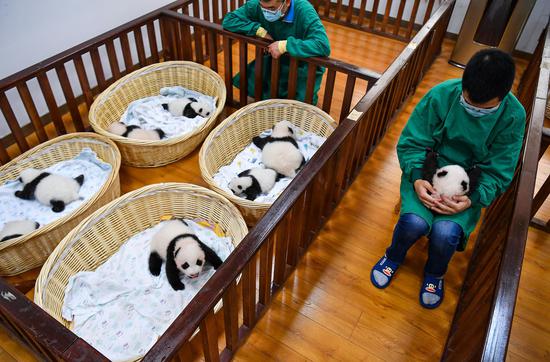


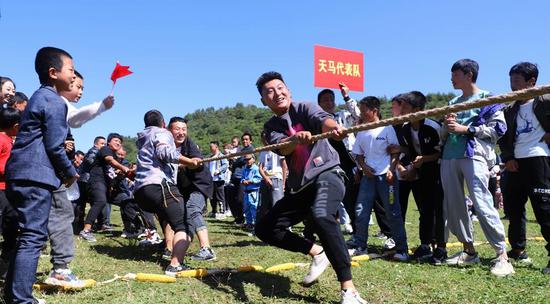


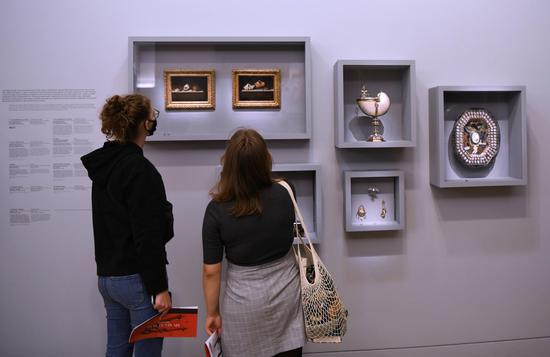



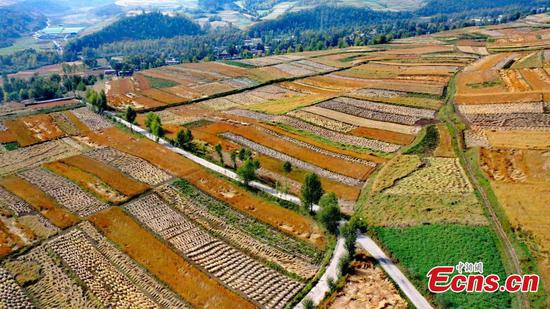





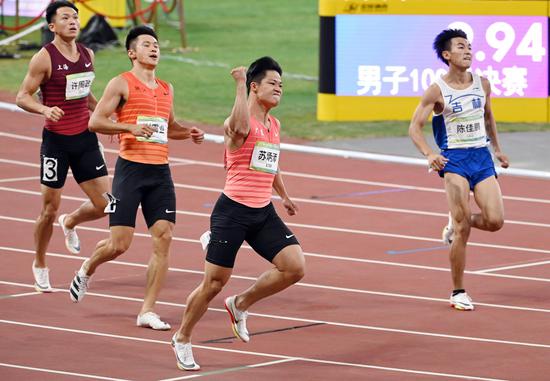

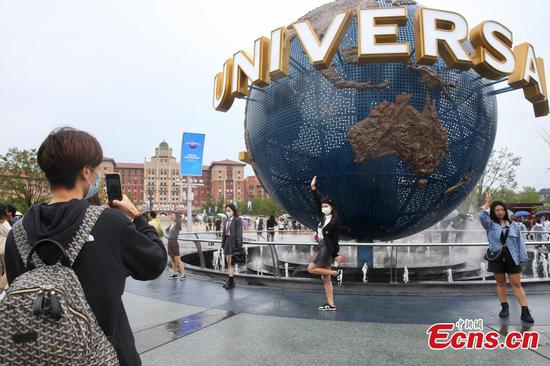



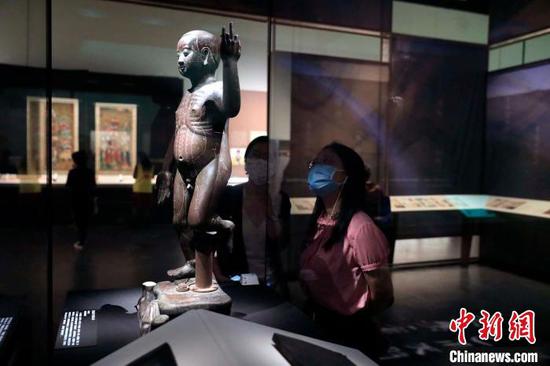
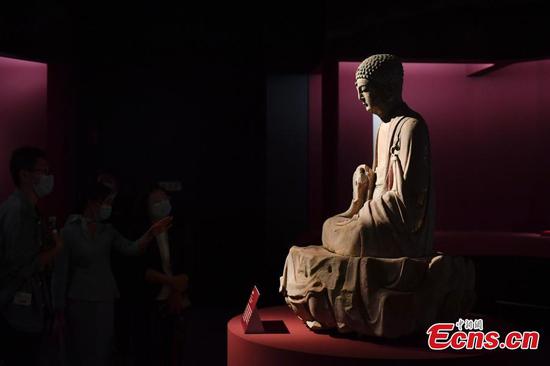
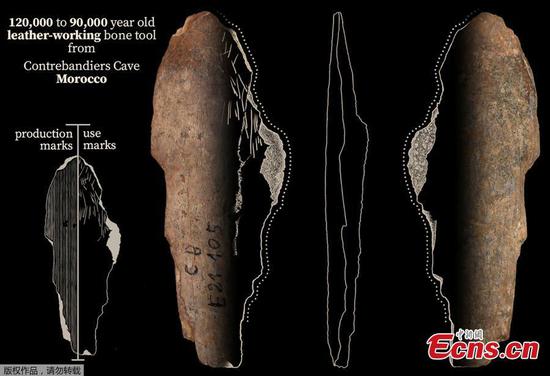
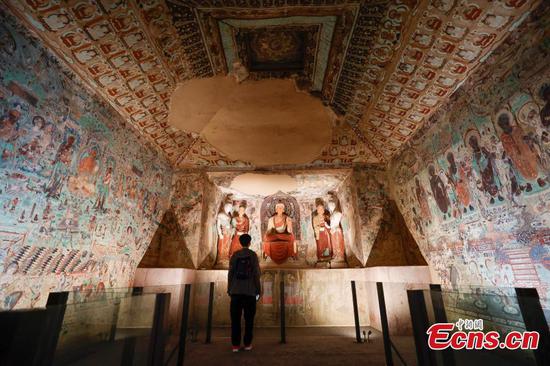




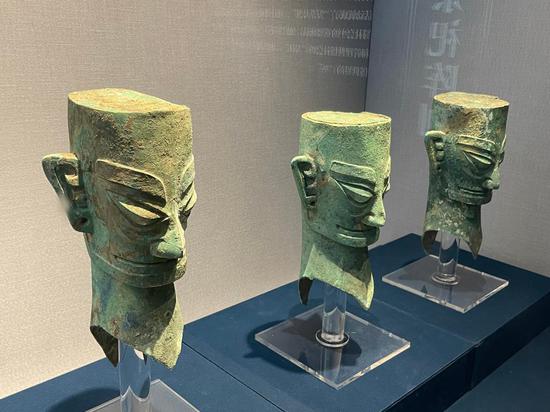
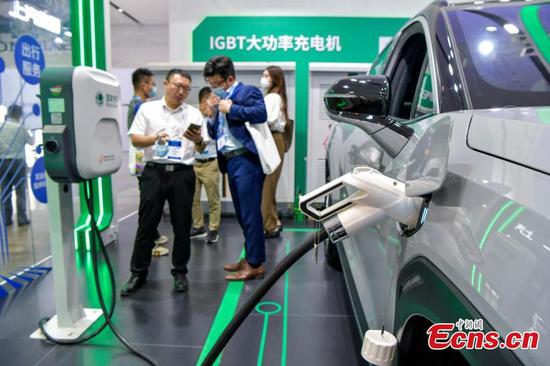
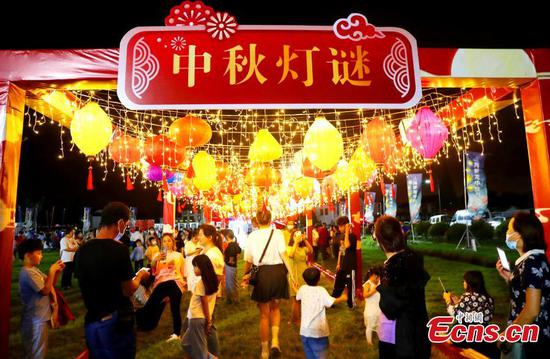








 京公網安備 11010202009201號
京公網安備 11010202009201號